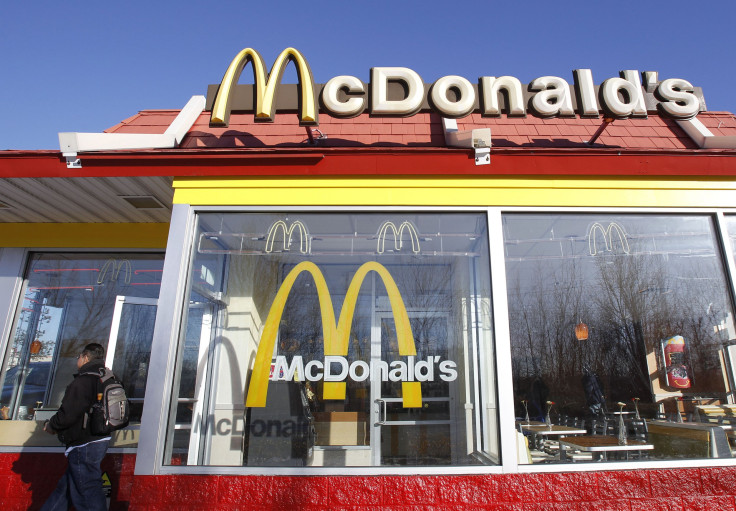McDonald's To Open First Outlet In Vietnam Next Year, The 38th Asian Country For The Fast-Food Chain

Vietnam will finally get to taste the Big Mac and other McDonald’s (NYSE:MCD) offerings when the American burger chain opens its first location in the Asian country early next year. McD's will join other fast-food chains operating in Vietnam, including Starbucks (NASDAQ:SBUX), which launched in February, Yum! Brands' (NYSE:YUM) KFC and Pizza Hut.
Vietnam will be the 38th Asian country in which McDonald’s operates, according to the Financial Times, as the country is fast becoming one of the most attractive consumer markets in the region. The outlet will be in Ho Chi Minh City, the country’s commercial center. The menu will feature the Big Mac, cheeseburgers and fries.
McDonald’s operation will be headed by Henry Nguyen, an overseas Vietnamese businessman who returned to the country a decade ago. Nguyen has been granted a developmental license to build the brand in Vietnam.
Nguyen, a managing general partner of IDG Ventures Vietnam, is a graduate of Harvard University and Northwestern University. He is also a former Goldman Sachs (NYSE:GS) employee in New York. Nguyen won the contract with McDonald’s as a result of a “rigorous” selection process that began years ago, the company said.
“As we grow our presence in the Asia region, we are looking for partners with a blend of strong business acumen and a unique understanding of our brand,” said Dave Hoffmann, president of McDonald’s Asia Pacific, according to the Financial Times.
“Henry Nguyen is that ideal business partner who has an impressive business background and proven record in driving new business ventures in Vietnam.”
U.S. food and drink products were popular in the former South Vietnam until the Vietnam War ended with Communist victory in 1975, forcing companies such as Coca-Cola (NYSE:KO) to abandon the market.
McDonald’s has not had a presence in Vietnam previously. The company first considered the Vietnamese market more than a decade ago, but the lack of a domestic source of beef cattle and a poor supply-chain infrastructure rendered the market unsuitable, the Financial Times reported.
The company’s strong association with American culture is also a source of problems, as the road for other U.S. companies to re-enter Vietnam has not been smooth.
Coca-Cola reestablished operations in the mid-1990s and has consistently reported losses in Vietnam for the last decade, exempting the soft drink company from local taxes. The exemption, in turn, led Vietnamese consumers to suspect that the company is cheating the nation out of tax receipts, and a boycott has been conceived, according to Brand Channel, an online portal about branding.
Coca-Cola is not the only Western brand with PR woes in Vietnam, according to Adam Sitkoff, the executive director of the American chamber of commerce in Hanoi, in an email interview with Brand Channel. Pepsi (NYSE:PEP), Unilever (NYSE:UN) and Adidas (ETR:ADS) also experienced negative publicity about transfer pricing investigations. There has been no evidence of wrongdoing by Coca-Cola in Vietnam, Sitkoff said.
"It doesn’t take much to generate a story that is critical of companies here, especially foreign companies,” he added.
Despite such setbacks, experts expect Coca-Cola, and other U.S. brands, will be fine in the long run.
"Coca-Cola’s public relations nightmare in Vietnam is a problem for U.S. businesses in general," wrote Jeff Browne, president of Vietnomics, a company that builds business relationships and cultural bridges between Vietnam and the U.S., in a blog post about Coke's PR crisis, according to Brand Channel.
"American investors need to be supportive -- not just exploitive -- partners in Vietnam. That’s what sets them apart from China and others in one of the world’s most dynamic frontier markets," Browne added.
© Copyright IBTimes 2024. All rights reserved.





















